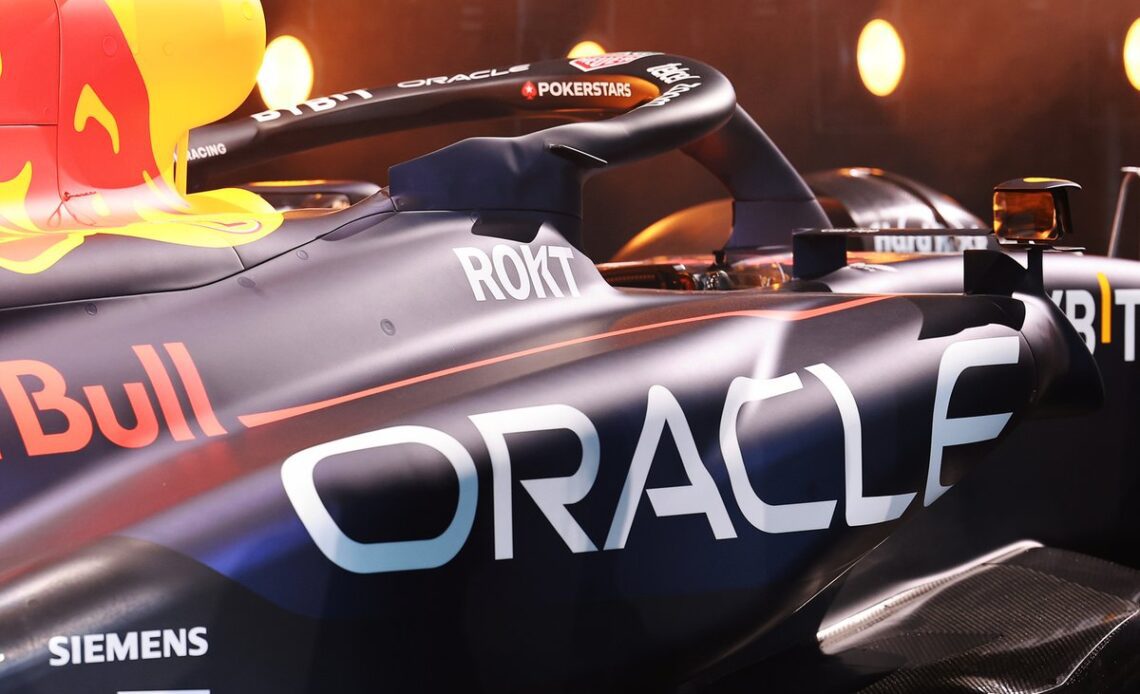The American auto giant announced on Friday that it would be returning to F1 in 2026 after striking a deal with Red Bull to work together on power units.
The partnership will mark the return of the Ford name to F1 after 22 years, its last foray coming when it owned the Jaguar team that was ultimately sold to Red Bull in 2004.
During its time away from F1, Ford has remained at the top level of motorsport in disciplines such as rallying and sportscar racing.
But the push from F1 to place a greater emphasis on electrical power and sustainable fuels with the overhauled power unit regulations coming into force in 2026 proved to be a game changer for Ford.
Asked by Motorsport.com if Ford would have returned had the rules not changed for 2026, Ford global director Mark Rushbrook said: “No, I don’t think we would.
“If it was a carry over power unit without this opportunity, that would have been a step backwards for us.”
Red Bull Racing RB19
Photo by: Red Bull Content Pool
The shift in the engine rules for 2026 has prompted renewed interest from car manufacturers in joining the F1 grid, coinciding with the global boom the series continues to enjoy.
The updated power units will offer increased electrical power of 350 kW from the MGU-K, close to triple the current output of the MGU-K and MGU-H. F1 cars will also use fully sustainable fuels from 2026, while the changes are not anticipated to have any impact on the on-track spectacle.
The FIA revealed on Friday that six manufacturers had registered as suppliers for the new ruleset beginning in 2026: Ferrari, Mercedes, Alpine, Audi, Honda and Red Bull Ford.
Red Bull Ford engines will be supplied to both Red Bull Racing and its sister team AlphaTauri from 2026 through the new partnership that will see Ford combine its technical expertise with the Red Bull Powertrains operation at Milton Keynes.
Rushbrook explained the importance of the technical crossover between Ford and Red Bull, saying the deal had to reach far beyond a marketing exercise to be viable.
“100%, we needed to have that,” Rushbrook said of the technical ties.
“We don’t just go racing just as a marketing exercise anywhere. And especially in Formula 1, as the stage that it is, the opportunity to really get that technical learning, it was important for us.
“Without it, we wouldn’t have done it.”
Click Here to Read the Full Original Article at Motorsport.com – Formula 1 – Stories…

